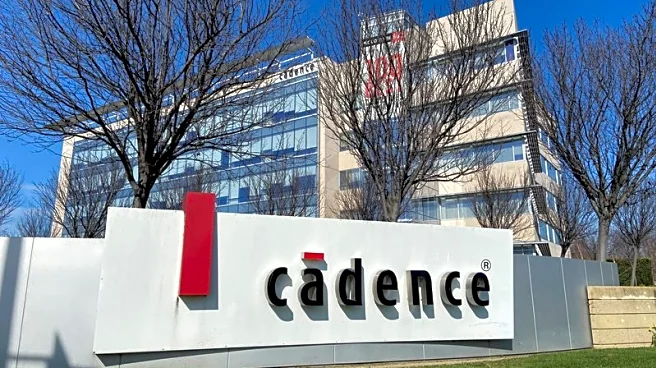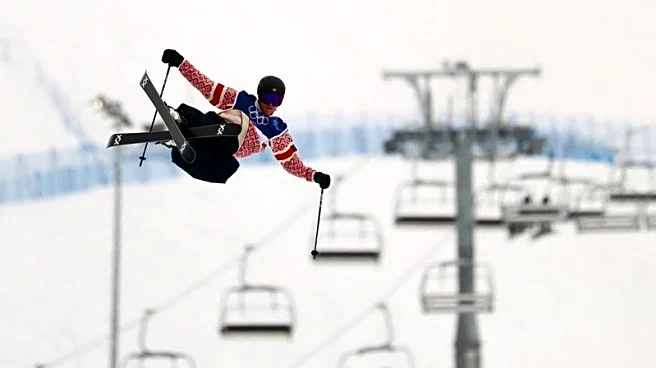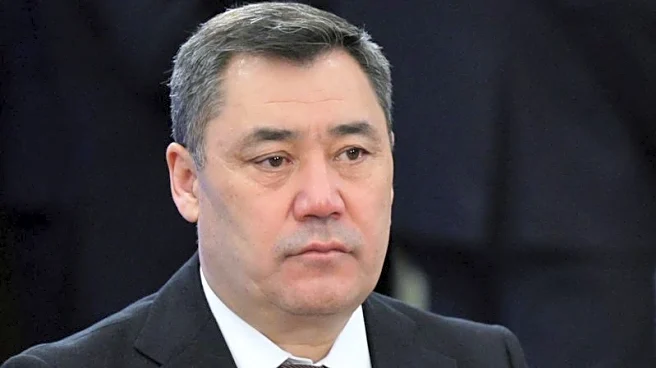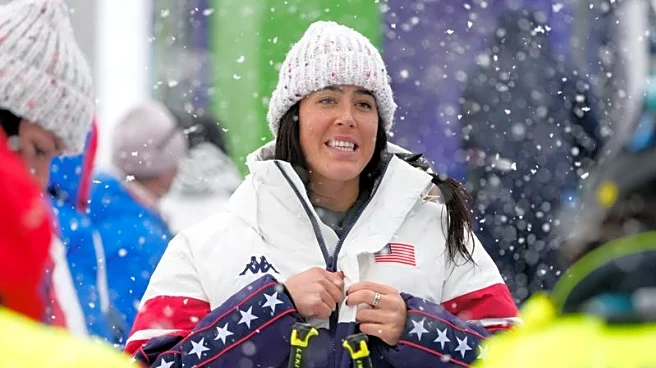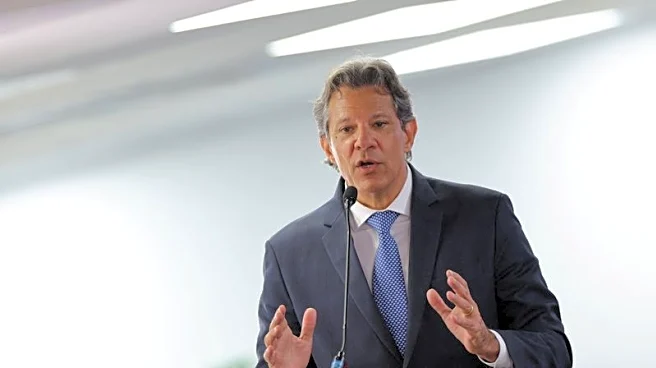Rapid Read • 8 min read
Nihal Sarin, known as the 'Speed Demon' for his prowess in faster chess formats, is focusing on improving his classical chess skills. Despite his success in rapid and blitz formats, Sarin has experienced stagnation in classical chess, as highlighted by his recent performance at the 2025 Chennai Grand Masters. After losing his third-round match against Vidit Gujrathi, Sarin has only half a point from three games, having missed winning opportunities against Anish Giri and Vidit. To address this, Sarin has enlisted the help of GM Vishnu Prasanna, who previously trained world champion Gukesh Dommaraju. Prasanna aims to enhance Sarin's classical rating and prepare him for upcoming tournaments like the FIDE Grand Swiss and the FIDE World Cup.
AD
Sarin's efforts to improve in classical chess are significant for his career trajectory and the broader chess community. As a young talent, his progress could influence the competitive landscape of Indian chess, where peers like Gukesh, R Praggnanandhaa, and Arjun Erigaisi have surpassed him in classical ratings. Sarin's success in classical formats could reinvigorate his confidence and position him as a leading figure in international chess. This development also highlights the importance of adapting training methods to individual strengths, as Prasanna works to translate Sarin's speed chess skills into classical success.
Sarin's immediate focus will be on the remaining rounds of the Chennai Grand Masters, where he aims to secure victories and boost his confidence. His partnership with Prasanna will continue to evolve, with a focus on practical strategies to convert his natural talent into tangible results. The chess community will be watching closely to see if Sarin can overcome his current challenges and re-establish himself as a top contender in classical chess.
Sarin's journey underscores the psychological aspects of competitive chess, where confidence and self-belief play crucial roles. His experience highlights the pressures young prodigies face as they transition to elite levels, and the need for tailored support systems to nurture their growth. This case also reflects broader trends in chess training, where digital platforms and rapid formats are increasingly influencing traditional approaches.
AD
More Stories You Might Enjoy
